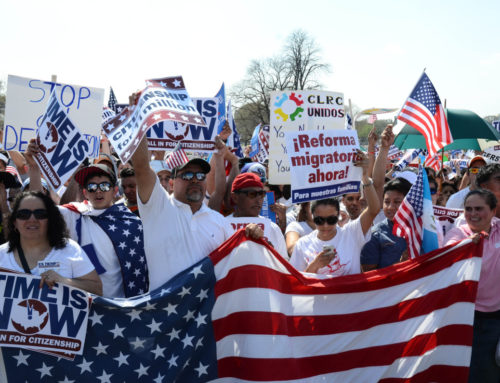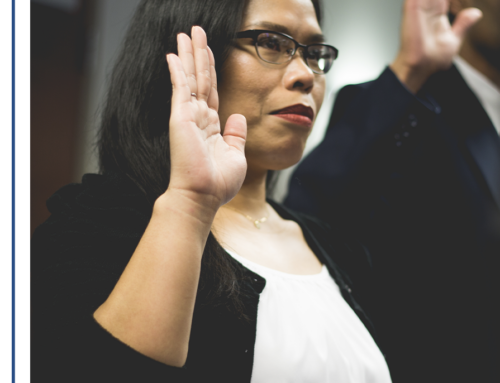It’s often helpful to go back and review some of the terms you hear throughout your immigration journey to make sure you completely understand them. Even though an attorney can tremendously help you navigate the system, knowing more about the process can ease stress and give you more confidence as you progress. We can’t get to them all, but here are a few of the most common terms and types of visas you will encounter.
Definitions of Common Terms and Visas
Green Card: A Green Card serves as the physical proof that its holder is a lawful permanent resident of the United States. With this status, you have the right to live, work, and study in the U.S. indefinitely, subject to certain conditions. It’s a significant step toward achieving the American dream, offering a pathway to citizenship and a life of opportunities. However, obtaining a Green Card is a complex process, and there are several avenues through which you can acquire one.
Immigrant Visas: These visas are for individuals who intend to live and work permanently in the U.S. The various categories include immediate relatives, special immigrants, family-sponsored, and employer-sponsored visas.
Family-Based Visas: Family-based immigrant visas offer a pathway for family members of U.S. citizens or Lawful Permanent Residents to seek permanent residency in the United States. The process typically starts with a U.S. citizen or LPR filing a petition on behalf of their eligible family member. The family-based visas are divided into two main categories: Immediate Relatives and Family-Based Preferences. Immediate Relatives include spouses, unmarried children under 21, and parents of U.S. citizens. Family-Based Preferences include more distant family relationships like adult children, siblings, and specific other relatives of U.S. citizens, as well as spouses and children of LPRs.
Work Visas: Work visas can be either immigrant or non-immigrant, depending on the individual’s circumstances. Types include TN for NAFTA professionals, O for individuals with extraordinary abilities, H-1B for specialized workers, H-2B for temporary non-agricultural workers, P for athletes and entertainers, and R for religious workers.
Fiancée Visa: This visa allows a U.S. citizen to bring a foreign fiancée to the U.S. for marriage. Once the foreign national fiancée is in the U.S., specific timelines and procedures apply for adjusting immigration status post-marriage.
Student Visa: For foreign citizens enrolling in full-time courses in the U.S., the F-1 visa is the most common. Applicants must prove they have no intention of immigrating permanently to the U.S.
Business & Investor Visas: Known as E visas, these are designed for temporary business activities and investments in the U.S. They are convenient vehicles for entering the U.S. to conduct business, make investments, or a combination of both.
Naturalization: Naturalization is the legal process through which a foreign citizen becomes a U.S. citizen. While some people acquire U.S. citizenship by birth, naturalization serves as the pathway for those who don’t have that initial qualification. Generally, the eligibility for naturalization hinges on having been a lawful permanent resident – often signified by holding a Green Card – for a specific period, usually five years, or three years if married to a U.S. citizen.
Admissibility: Admissibility is a legal term that refers to whether an individual meets all the requirements to enter or remain in the United States. It serves as a critical checkpoint in the immigration process, acting as a filter to ensure that those who wish to enter or stay in the country align with U.S. laws and policies. When you apply for a visa, seek entry at a port, or apply for certain immigration benefits like adjustment of status, your admissibility will be assessed.
Adjustment of Status: Adjustment of Status is a procedure that allows an individual already in the United States to apply for lawful permanent resident status, commonly known as getting a Green Card, without having to return to their home country. This process is particularly beneficial for those who entered the U.S. on a temporary visa and later decide to pursue permanent residency. It eliminates the need for visa processing at a U.S. consulate abroad, thereby streamlining the transition from a temporary to a permanent immigration status.
If you are new to the United States and need clarification on the law or representation for your case – call the immigration attorneys at Probinsky & Cole today. We are here to help. Hablamos Español.








